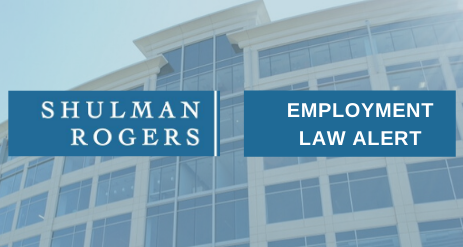
On January 13, 2022, the U.S. Supreme Court blocked the enforcement of the OSHA Emergency Temporary Standard (“ETS”) that would have required employees of employers with at least 100 employees to be vaccinated against COVID-19 or undergo weekly testing. The Court held that OSHA had exceeded its authority. The Court stated that “[a]lthough Congress has indisputably given OSHA the power to regulate occupational dangers, it has not given that agency the power to regulate public health more broadly. Requiring the vaccination of 84 million Americans, selected simply because they work for employers with more than 100 employees, certainly falls in the latter category.” The Court acknowledged that OSHA regulations would be permissible “[w]here the virus poses a special danger because of the particular features of an employee’s job or workplace.”
BOTTOM LINE: The Court’s order means that employers DO NOT NEED to comply with the ETS, although employers are still permitted to establish rules on vaccination or testing for private enforcement (subject to state laws).
On the same day, the U.S. Supreme Court issued an order allowing the enforcement of the Centers for Medicare and Medicaid Services (“CMS”) rule that requires healthcare workers at facilities participating in Medicare and Medicaid to be vaccinated against COVID-19. The Court held that CMS did not exceed its authority because Congress had authorized the federal government to impose conditions on the receipt of Medicare and Medicaid funds that it finds necessary to protect the health and safety of Medicare and Medicaid patients. The Court found that the rule would ensure that unvaccinated healthcare providers take steps to avoid transmitting COVID-19 to their patients. The Court’s order means that the rule will take effect in all states.
BOTTOM LINE: The Court’s order means that employers subject to the CMS Rule must now immediately prepare to comply with its obligations by January 27, 2022.
The contents of this Alert are for informational purposes only and do not constitute legal advice. If you have any questions about this Alert, please contact the Shulman Rogers attorney with whom you regularly work or a member of the Shulman Rogers Employment and Labor Law Group.
Stay up to date with all the latest news and events.